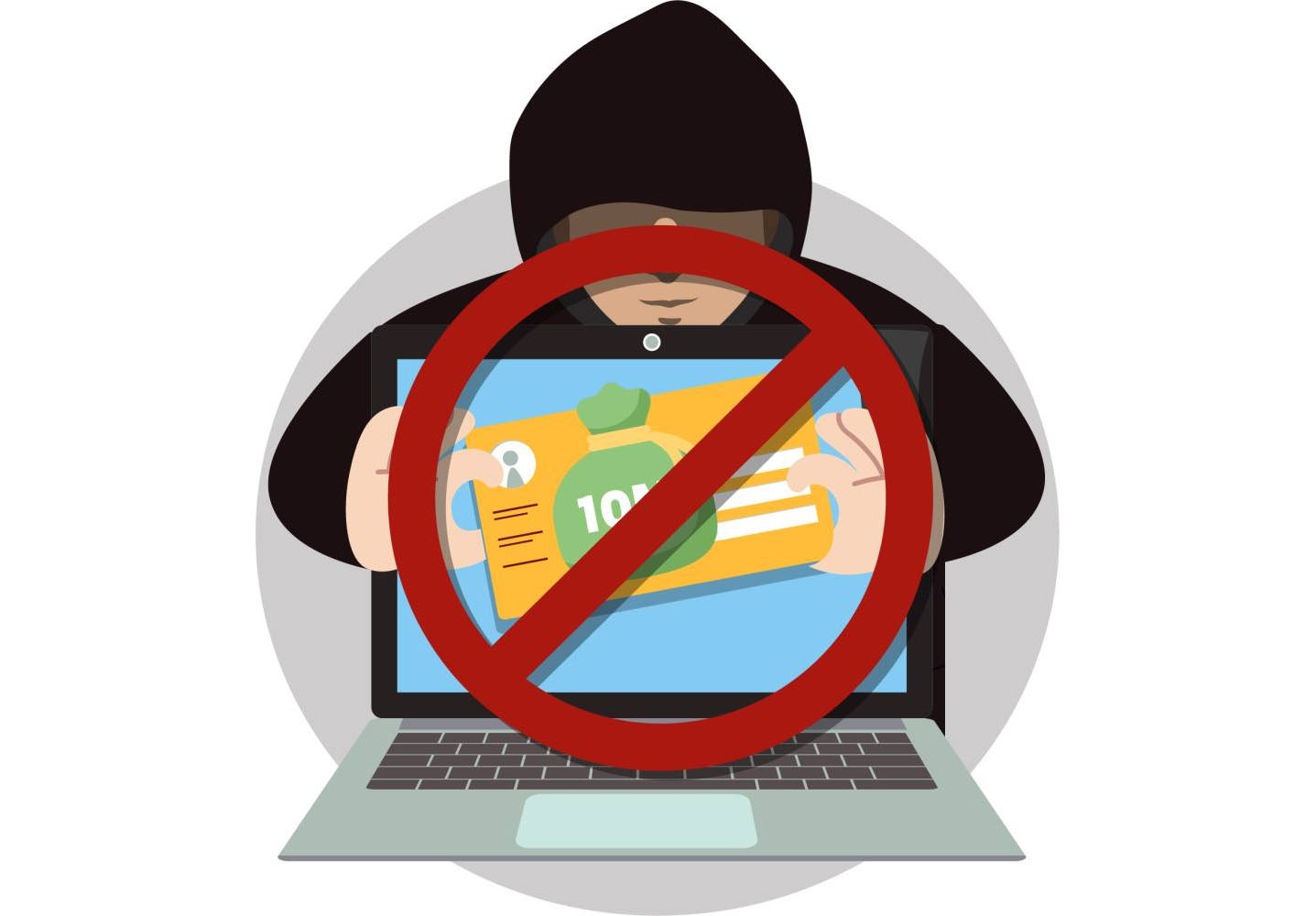Lessons from Asean: How PH can stop scams, boost digital trust

When it comes to fighting scams and online fraud, financial institutions in the Philippines are at a turning point.
The signing of the Anti-Financial Account Scamming Act (Afasa) in 2024, followed by the Bangko Sentral ng Pilipinas (BSP) implementing circulars, marked a game-changing moment in our collective fight against cybercrime.
But as we learned from our Association of Southeast Asian Nations (Asean) neighbors at the recent Bank of the Philippine Islands (BPI) CyberProtect Conference, legislation alone is not enough.
We need strong industry execution, cross-border cooperation and a united public front to win this battle.
Across Asean, scams follow familiar patterns—mule accounts, rapid layering of transactions and fraudsters exploiting authentication gaps.
Yet countries like Singapore, Malaysia and Thailand have moved faster in operationalizing defenses, combining legislation with technology-driven protocols and public education.
Singapore’s “no wrong door” approach mobilizes banks and law enforcement within minutes of a report.
Malaysia enforces a 24-hour delay for high-risk account changes, while Thailand has made device authentication and biometrics default safeguards. These are systems built on speed, collaboration and accountability.
Such examples show that the fight against scams is won not just through laws on paper but through coordinated action and a culture of vigilance.
Afasa positions the Philippines to do the same by criminalizing money-muling, imposing stiffer penalties on scammers, and removing data-sharing barriers between banks and regulators.
BSP Circulars 1213, 1214 and 1215 turn these into action—introducing stronger security controls, streamlining information sharing through the BSP’s Consumer Protection Office, and establishing coordinated fund-freezing protocols that allow banks to trace and hold stolen funds in real time.
Building resilience through collaboration
BPI CyberProtect Conference, held last July 30, gathered cybersecurity experts, industry leaders and government stakeholders to discuss emerging threats and practical solutions.
Based on the forum, we can certainly say that the rise of fraud has proven that no single institution, country, or technology can win this fight alone. Progress depends on collaboration between banks, regulators and communities—and on building systems that anticipate threats before they reach our clients.
During the conference, BSP Deputy Governor Elmore Capule highlighted how Afasa and its implementing rules address today’s most pressing challenges—social engineering and money-mule schemes—by criminalizing these acts, increasing penalties and mandating more robust fraud management systems to better secure online transactions.
These policy reforms align with BPI’s ongoing efforts to strengthen consumer protection. Afasa and the BSP’s circulars remove barriers to fund recovery through better coordination and data sharing.
Complementing this, BPI continues to educate and protect clients through initiatives like CyberProtect, and awareness campaigns that empower Filipinos to do more—securely and confidently.
Lessons from Asean
From our neighbors, three lessons stand out. First, the industry must move as one.
Rapid fund recovery relies on banks treating fraud response as a shared mission, not a competitive edge.
Second, real-time detection is critical. Artificial intelligence (AI)-driven monitoring powers the high scam-recovery rates seen in advanced markets.
Third, public education is as vital as system safeguards—countries that made scam prevention part of everyday financial literacy have dramatically reduced victims.
The Philippines now has the legal and regulatory framework to match regional peers. The real test lies in operational readiness. Industry protocols being developed today will determine how we respond—not only to current scams but to evolving digital threats.
Winning this fight demands a whole-of-nation approach: regulators enforcing clear rules, banks deploying proactive defenses, law enforcement acting swiftly and the public staying vigilant.
Our neighbors have shown that scams can be beaten. Now it is our turn to prove that, in the Philippines, scamming no longer pays.
(The author is the enterprise information security officer and data protection officer of the Bank of the Philippine Islands.)





















